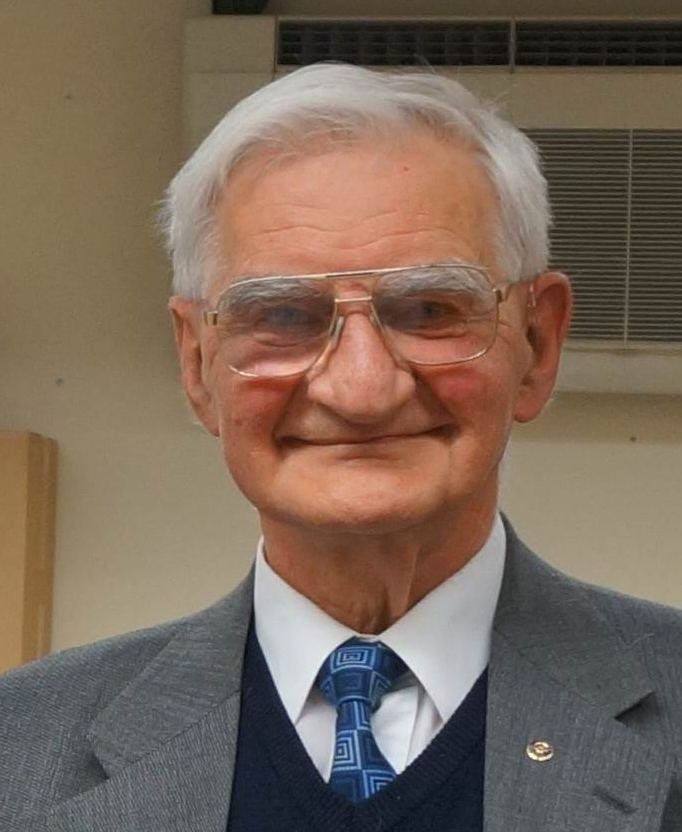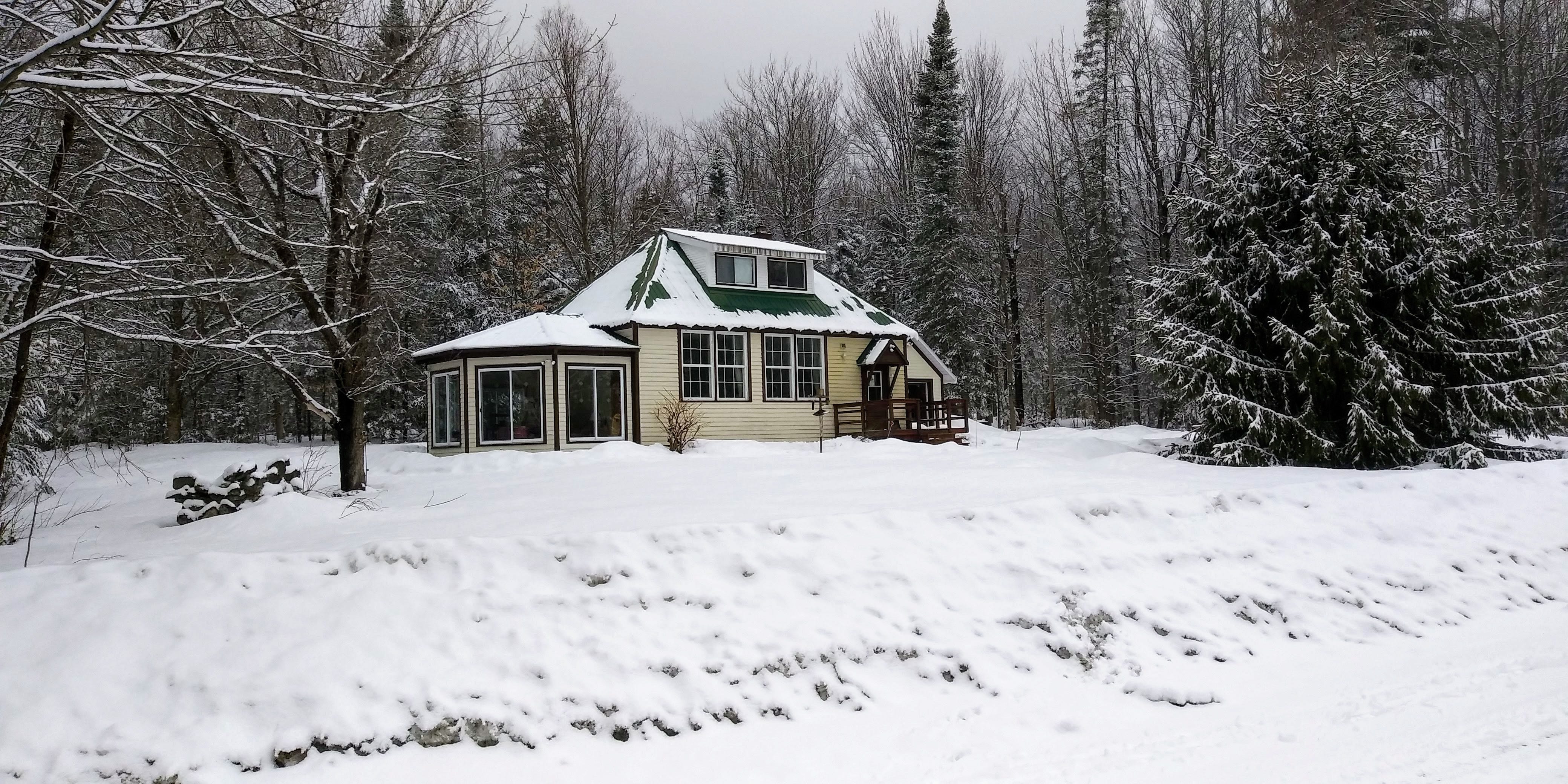The pandemic is affecting our lives in many different ways. Read on for short stories and updates from Johnians around the world on how they are coping in this strange time.
In January, I started a monthly blog to talk about the value of communication and connecting with others. By my third instalment, Coronavirus dominated daily life around the world and communication with others seemed harder, but more important, than ever. As interest and support for the update blog grew, I committed to keeping a full diary of these unprecedented times and sharing it, as a way to connect with others whilst we are isolated, and to encourage others to jot down their own reflections.

An excerpt from early April:
Given that I am self-isolating with my parents, and that my father is nearly 80, we are teetering about cautiously, peeping our heads out of the upstairs window only when the Amazon delivery man comes by. Our neighbours, with whom we only exchanged polite but distant nods before The Crisis, have been boundlessly generous, offering to buy and deliver food for our little isolated household. Yet three fiercely independent people, as we are, hate having to ask favours and rely on the kindness of a neighbour, who really needn’t be half as generous. And so, I braved the last food run myself in the car — to our local farm shop, normally a veritable treasure trove of hand cured meats and artisan chocolates. But our order this time was far more sombre — an ‘essentials’ box of flour, milk, whatever fresh vegetables they had left, and four chicken breasts. Some ingenious recipes and creative thinking (thank goodness we have more time now) will make it last a fortnight, topped up with lentils, frozen vegetables and pasta.
It was the experience that really struck me — I drove the car into the farmyard behind the shop, they waved at me from safely behind a window, I parked the car some 25 metres from a table with a black and white tablecloth, a lady in gloves came out and deposited our shopping, retreated inside and then, and only then, I was allowed to drive up, and place it in the boot, wearing a mask and gloves. It’s like venturing out after a nuclear attack. It’s unnerving and very surreal. I told you I’d overuse that word — but surreal all of this most certainly is.
- Victoria Ball (2008)

We are 83; our life style during this awful scourge must be similar to that of many of the elderly alumni. We are confining ourselves to the house and garden and the minimum of shopping. We have wonderful, younger, neighbours who do the grocery hunting. All our activities are closed — lectures to Loughborough and Cranfield Universities, Rotary, National Trust volunteering, choral singing and even golf (cannot see why — big open spaces!).
This means there is more time for that list of household repairs and decorating, clearing out the attic, getting rid of old papers, listening to music and even chatting to ones spouse!
It is good to see that greenhouse gases are down in the cities — perhaps there is a message here for the future.
- Anthony Jackson (1956)

I was supposed to travel to the UK this past weekend to graduate from my MPhil course in South Asian Archaeology and was about to start a new job in Taiwan in the spring, but unfortunately these have had to be postponed. Since finishing my course in August, I moved back to my home in Albany, the capital of New York, and have worked in the New York State Education Department for the Archaeology Department. Unfortunately, this work has been deemed unessential under the new coronavirus regulations.
In order to make light of all that is going on, I decided to try to figure out a way in which I could help my community. I am currently volunteering with the Schenectady County Public Health Services to contact individuals who have been exposed to COVID-19 positive cases, who are now under mandatory and precautionary quarantines. We contact these individuals to monitor their symptoms and to make sure that they are provided with the necessary information and supplies, including medical supplies, cleaning supplies, food, mental health services and financial aid services. As the current epicentre of the pandemic in the States, it is becoming increasingly overwhelming with each day, but I believe that it is necessary to come together to help the community and make sure that those who are vulnerable and in isolation are being helped.
- Danielle Silverman (2018)

My experience is short and not too painful. I am in solitary quarantine in rural Quebec, having just arrived from Sarasota, Florida, where I own a small condo I invested in as part of my retirement plans. In order to look after the investment I have been on the Condo Board for almost 20 years, and I continue to participate in Board meetings by being there whenever possible.
Last week I left Sarasota to fly north to Montreal and was greeted at the airport by three government agents — municipal, provincial and federal! They all had written instructions for me to go into quarantine for two weeks. The instructions included taking my temperature twice a day. So far — so good.
My country home is on a dirt road 120 kilometres east of Montreal. It is a remote location set in a forest with no other houses in sight, so being here is no hardship. The location is so remote that not a single person has come to the front door in 10 days, although 3 or 4 cars pass per day. However, I have had lots of non-human visitors, including many birds (chickadees, slate juncos, purple finches, nuthatches, woodpeckers, geese, ravens and more) that have started their Spring migration north.

There are also interesting visitors that come at night. The chalet has motion sensitive lights which come on when it is dark, and the nocturnal wildlife I have noticed includes two fat raccoons, who like scattered bird feed, and a couple of times a lynx, which is a rare sighting. The lynx is not interested in bird seed but rather live birds!
I keep in touch with my colleagues via the Internet, and four of us play bridge online. We find the audio/video service a great addition to the social aspect of this meeting. You can play against the bridge robots, but hearing and seeing your colleagues is really the highlight of the day.
So while this 2-week quarantine is not difficult for me, we continue to hear of the problems around the world and our thoughts and prayers go out to those caught up in the pandemic.
- Gerald Ratzer (1963)

I am the CEO of Action Tutoring, an education charity that works in partnership with schools to provide tutoring in English and maths to disadvantaged pupils, using high quality volunteer tutors.
March 2020 marked a seismic shift in education, as schools mostly shut and rapidly grappled to implement online solutions in a bid to provide effective teaching and learning to pupils. The shift also prompted unprecedented demand from affluent parents for private tutoring keen to continue their children’s education.
But for the 28% of pupils in state education deemed as disadvantaged, the lasting effects of the crisis on their education are likely to be far worse. These are pupils who may not have access to high bandwidth broadband, may not have space to work in and will struggle to stay motivated without effective parental support. Pupils from disadvantaged backgrounds are not less able, but lack of access to tools and resources means currently only 41% of this group pass English and maths GCSEs, compared to 69% of all other pupils.
It seems inevitable that the current crisis will further widen the attainment gap. While schools are doing all they can now to mitigate this, disadvantaged children are going to need more support than ever to catch up. That support will need to take many forms, but tutoring is an effective intervention that can play a big role in raising attainment.
While short-term mitigations can be made to minimise learning loss, catch up support is going to be vital. We’re working with other organisations to call on the government to provide catch up funding for disadvantaged pupils, in addition to the pupil premium funding. As an organisation, we’ll shortly be ready to train volunteers online, so we can have as many tutors ready to go as soon as we can. Finally, we are fast accelerating plans for online tutoring delivery.
Exams may have been scrapped for this year but learning isn’t just for exams. Good standards in English and maths in particular are crucial to progressing well in life. Volunteers and charities will be needed more than ever before to help schools pick up the pieces and enable pupils, whatever their background, to flourish.
- Susannah Hardyman (2004)
Read more about volunteering on the Action Tutoring website.

I think, but can’t yet test this, that because I caught a similar, but much milder, infection in Hong Kong about a decade ago, I alseady had some immunity. What appears to have happened is that through my wife’s work in the NHS I have actually had a mild, almost asymptomatic, corona infection.
For the moment I have put my work as a consulting software engineer on hold and am making myself available to tutor maths, physics and computing to A level over videoconferencing while the schools are closed.
- Robert Billing (1974)
We’d love to stay connected to you during this global crisis and hear how you are coping. Email us on development@joh.cam.ac.uk.

